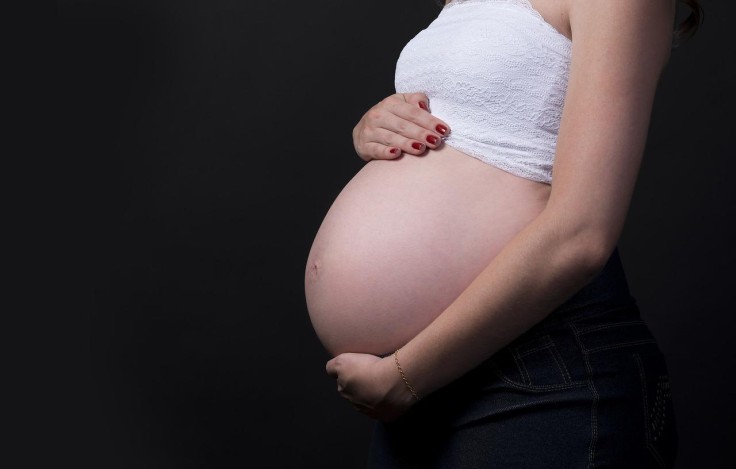
A British mom who gave birth to her daughter prematurely due to pre-eclampsia has welcomed the new guidance about the medical condition. Georgie Withers, who hails from Wisbech, Cambridgeshire, was 30 weeks pregnant when her daughter had to be delivered early to save both their lives.
Previously, tests were carried out to rule out pre-eclampsia, but now it is recommended to diagnose cases, as this will help relieve some anxieties for pregnant women.
The potentially fatal condition affects around 6 percent of women, often during the second half of their pregnancy, and can be managed if spotted early. The National Institute for Clinical Excellence (NICE) had recommended a test that could only rule out the condition but now recommends more accurate tests to diagnose pre-eclampsia cases.
Withers moved to a high-dependency unit in 2020
Early signs can include protein in urine and high blood pressure, with symptoms including vision problems, pain just below the ribs, severe headaches, nausea or vomiting, or sudden swelling of the hands, feet, or face.
The 33-year-old mom told BBC News that being tested earlier would make her feel safer in another pregnancy. The paramedic, who works across West Norfolk in England, was moved to a high-dependency unit after going to a hospital in 2020 with concerns about some of her symptoms.
However, Withers said things did not improve, and it was decided that her daughter would have to be delivered to save both of their lives. The couple was petrified, with Withers saying that the most precious thing to her would be delivered so early, and she knew this would be a big fight for her.
As baby Freya was so premature, Georgie and her husband, Warren Withers, were unable to hold their child after she was born as she was taken straight to the neonatal intensive care unit (NICU). Freya was discharged after 37 days, much to the delight of her parents.
Withers would love to have another baby despite her pre-eclampsia experience
Georgie said despite her experience, she and Warren would love to have another baby. She noted that the anxieties from suffering from pre-eclampsia are still there, and she thinks being able to get tested earlier would take away some of those anxieties.
Georgie added that it would make her feel like she is in safer hands, to know that she can get treatment as early as possible.
According to Mayo Clinic, pre-eclampsia is a complication of pregnancy. The person with the condition might have high levels of protein in the urine that indicate kidney damage (proteinuria) or other signs of organ damage. The condition usually begins after 20 weeks of pregnancy in women whose blood pressure had previously been in the standard range.
Pre-eclampsia may also develop after a baby's delivery, a condition known as postpartum pre-eclampsia.